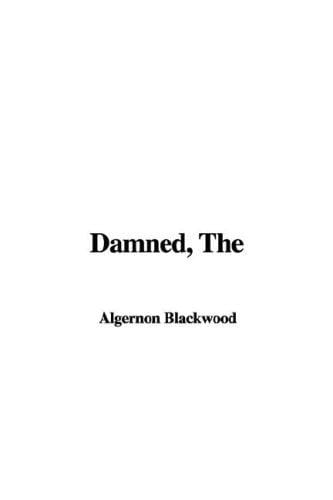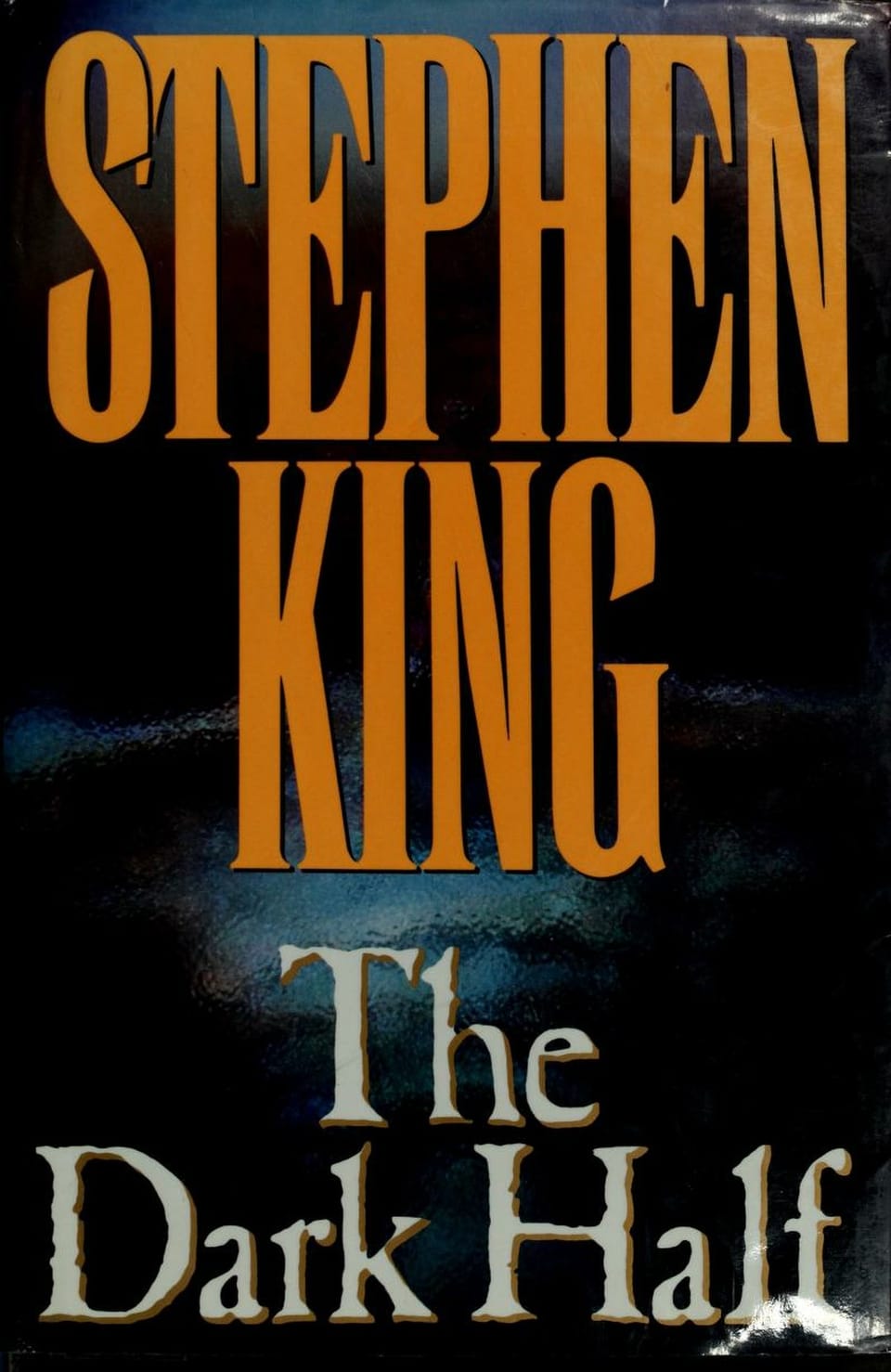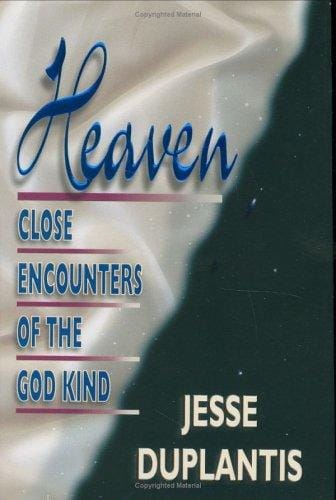Damned: Origins, Meaning, and Cultural Impact
Explore the meaning of "damned," from its religious roots to modern pop culture, and discover why this evocative word still commands attention today.

Introduction: Why the Word "Damned" Still Resonates
Few English words carry the same weight, bite, and historical baggage as the word "damned." Whether it appears in sacred texts, Gothic novels, or modern video games, the term instantly conjures images of eternal punishment, rebellious spirits, and forbidden realms. Yet, beyond its shock value and theological roots, "damned" has woven itself into everyday speech, pop culture, and artistic expression. This article explores how a single word evolved from a solemn declaration of eternal fate to a versatile cultural touchstone.
Etymology and Early Religious Context
The English word "damned" traces back to the Latin verb damnare, meaning "to condemn" or "to inflict loss upon." In medieval Europe, where the Church shaped political and social life, being "damned" signified exclusion from salvation and eternal life. Sermons vividly described hellfire, brimstone, and unending torment to underscore moral lessons. In that setting, calling someone "damned" was not mere name-calling; it was a spiritual death sentence.
Interestingly, the term emerged alongside elaborate theological systems such as predestination. Debates raged over who was preordained for salvation and who was hopelessly damned. These dogmatic battles helped cement the word in religious discourse, literature, and law, ensuring its endurance long after Latin faded from everyday use.
Literary Usage: From Dante to Modern Horror
Literature embraced and amplified the aura of the damned. Dante Alighieri’s "Inferno" (14th century) mapped nine circles of Hell, each populated by souls damned for specific sins, from lust to betrayal. Dante’s highly visual punishments—such as gluttons forced to lie in putrid slush—gave Western culture a lasting lexicon of damnation.
Centuries later, Gothic authors like Mary Shelley and Edgar Allan Poe repurposed the term to enhance psychological dread. In Shelley’s "Frankenstein," Dr. Victor Frankenstein lamented, "I am doomed to live," equating his guilt and isolation with being inwardly damned. Poe’s narrators often confess to a similar sense of irreversible moral decay.
Contemporary horror continues the tradition. Chuck Palahniuk’s satirical novel "Damned" thrusts a 13-year-old protagonist into a bureaucratic hell, poking fun at moral panics while interrogating the meaning of eternal punishment. Whether somber or sardonic, the word maintains its narrative potency, instantly elevating stakes and tension.
Everyday Language: From Curse Word to Cultural Shortcut
Today, most English speakers encounter "damned" more as emphatic slang than theological edict: “Turn down that damned music!” This semantic shift mirrors secularization trends and the broader dilution of once-taboo language. Still, the word’s dark aura lends weight to casual conversation, allowing speakers to vent frustration without resorting to outright profanity.
Advertisers, musicians, and filmmakers exploit this duality. A movie titled "The Damned" promises grit and danger, while a rock band like "The Damned" channels punk rebellion. The word’s elastic meaning—part condemnation, part cool—gives creators a ready-made edge.
Pop-Culture Spotlight: Games, TV, and Streaming
The gaming industry has eagerly adopted damnation themes. Titles such as "Doom" and "Dark Souls" pit players against demonic hordes or cursed landscapes, turning the concept of being damned into an interactive challenge. Popular TV series like "Supernatural" treat Hell as just another plot location, complete with political factions and escape routes. Streaming hits such as "Lucifer" humanize the Devil himself, blending romance, humor, and redemption arcs—all while trading on the cachet of being damned.
This mainstream normalization reveals how the fear once attached to damnation now competes with fascination. Audiences crave narratives where damned characters can fight, negotiate, or even overturn their fate, reflecting a cultural shift toward personal agency and moral complexity.
Philosophical and Psychological Dimensions
Beyond entertainment, the concept of damnation poses deep existential questions. Philosophers ask whether eternal punishment is compatible with an all-loving deity, while psychologists study how fear of divine wrath shapes behavior. Feelings of being "damned" can manifest as guilt, shame, or nihilism, influencing mental health and worldview. Understanding these layers helps us grasp why the term remains emotionally charged despite secular trends.
Global Perspectives and Comparative Beliefs
While Christianity popularized the Western notion of being damned, similar ideas exist worldwide. Islamic theology speaks of "Jahannam," a multi-leveled hell where sinners face corrective or eternal torment. Hindu and Buddhist traditions describe cycles of rebirth that can include horrifying hell realms, yet offer eventual return to human form—a temporary, not infinite, damnation. Comparing beliefs highlights both cultural specificity and universal anxieties about moral failure and cosmic justice.
Modern Reinterpretations and Redemptive Twists
Artists increasingly invert damnation tropes to explore redemption, identity, and social critique. Indie comics portray demons seeking asylum in the human world, while metal concept albums narrate journeys from damnation to enlightenment. Even academic theology has revisited doctrines like universal reconciliation, proposing that no soul is eternally damned—a radical departure from the fire-and-brimstone sermons of old.
Conclusion: The Enduring Power of "Damned"
From medieval cathedrals to Netflix queues, the word "damned" endures because it taps primal fears and moral puzzles. Its meanings have diversified—from literal eternal condemnation to a punchy adjective—yet each usage carries a residue of the ultimate stakes: salvation versus oblivion. Whether you encounter the damned in a classic poem, a late-night horror flick, or your own slip of the tongue, remember that this single, versatile word encapsulates centuries of spiritual dread, rebellious artistry, and human imagination.



